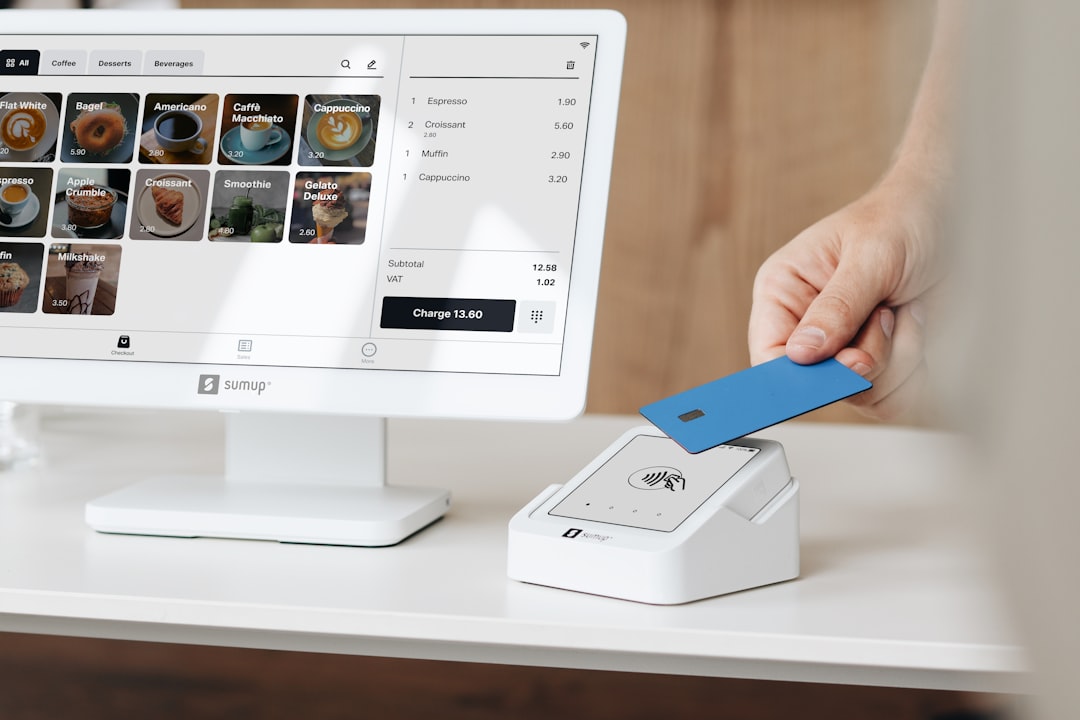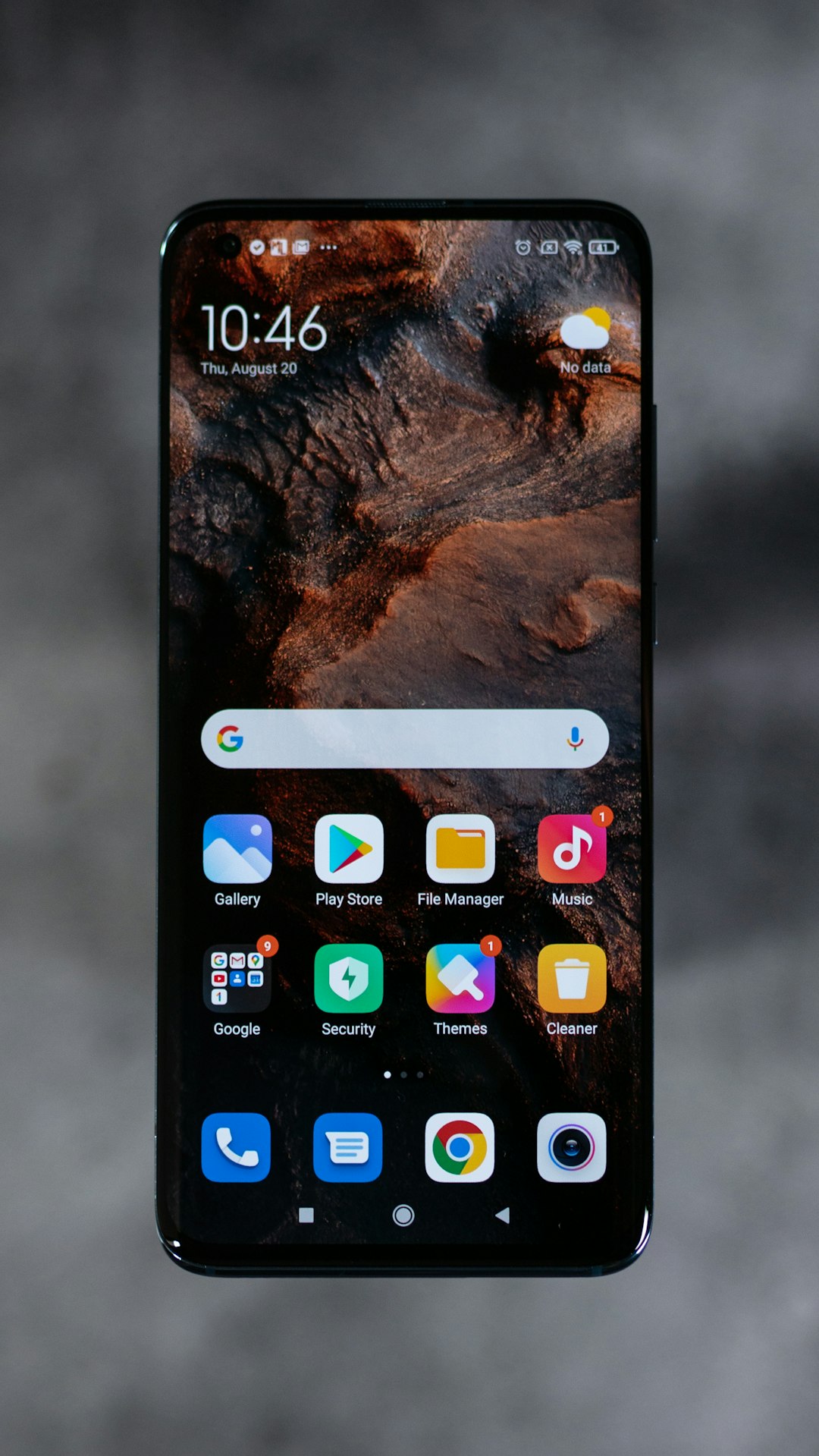Robocalls are a growing problem in Joplin, Missouri, mirroring nationwide issues, causing disruption and potential harm. Residents protected by the Telephone Consumer Protection Act (TCPA) can take legal action against unwanted calls, seeking damages up to $500 per violation. Communicating with phone carriers to implement blocking tools and registering for the National Do Not Call Registry are effective prevention methods. Combining these tactics significantly reduces robocalls. While suing under TCPA is an option, it requires strong evidence of lack of consent and understanding legal rights.
In Joplin, like many parts of the country, robocalls have become a persistent nuisance. These automated, unwanted phone calls can disrupt daily life and contribute to a sense of frustration among residents. This article guides you through understanding and combating robocalls in Joplin, Missouri. We explore your consumer rights, effective communication strategies with carriers, and even legal options, including whether you can sue for robocalls in Missouri. By following these steps, you can reclaim control over your phone lines.
Understanding Robocalls and Their Impact in Joplin, Missouri

Robocalls have become a prevalent and irritating problem for residents in Joplin, Missouri, much like many other cities across the country. These automated phone calls, often used for telemarketing or scams, can disrupt daily life and cause significant frustration. In some cases, people may even feel violated, especially when these calls persist despite registering on ‘Do Not Call’ lists.
The impact of robocalls extends beyond mere annoyance. Many Joplin residents have reported receiving numerous unwanted calls daily, leading to increased stress and potential financial losses. With the ever-evolving tactics of scammers, it’s essential for folks in Missouri to understand their rights and options. Even though suing for robocalls is a possibility, as governed by the Telephone Consumer Protection Act (TCPA), it’s also crucial to explore prevention methods and collaborate with phone carriers to mitigate this growing issue.
Your Rights as a Consumer Against Unwanted Calls

As a consumer in Missouri, you have rights and protections against unwanted phone calls, especially robocalls. The Telephone Consumer Protection Act (TCPA) is a federal law designed to curb excessive and unsolicited telemarketing calls, including those from automated systems or robots, commonly known as robocalls. This legislation gives you several options if you’re facing a barrage of these annoying calls.
If your phone number has been used to make robocalls without your permission, you may have grounds for legal action. While suing for robocalls is not always the first course of action, it can be an option under certain circumstances. The TCPA allows consumers to file lawsuits against companies or individuals who violate its provisions, and potential plaintiffs may seek damages, including actual monetary losses, statutory damages up to $500 per violation, and treble damages (up to three times the amount) if the defendant acted willfully or knowingly. So, if you’re tired of receiving unwanted calls in Joplin, Missouri, knowing your rights is a crucial step towards taking control and potentially seeking compensation.
Communicating with Your Phone Carrier: A Step-by-Step Guide

Communicating with your phone carrier is a crucial step in reducing robocalls, especially in Missouri where legal actions like suing for robocalls are an option. Here’s a straightforward guide to help you navigate this process effectively.
First, contact your carrier using their official customer service channels, typically available through their website or app. Explain the issue with robocalls you’ve been experiencing and request assistance in blocking these calls. Many carriers offer dedicated tools and settings to filter out unwanted calls. Be sure to provide specific details about the types of calls and any identifying information you have. Next, inquire about registration in the National Do Not Call Registry if you haven’t done so already. While this registry doesn’t guarantee a complete stop to robocalls, it’s a significant step towards reducing their frequency. Your carrier may also offer additional call-blocking features or advanced security plans that could enhance your protection against these nuisance calls.
Effective Strategies to Reduce Robocalls on Your Personal Device

Reducing robocalls on your personal device involves several effective strategies. One key step is to register your number on the National Do Not Call Registry. This federal list restricts telemarketers from calling your number, but it’s not foolproof against all automated calls. Enhancing privacy settings on your phone and using specialized apps designed to block robocalls can also help. Many modern smartphones offer built-in call screening and blocking features that can significantly reduce the volume of unwanted calls.
Additionally, staying informed about local laws regarding robocalls in Missouri is crucial. While you cannot directly sue for robocalls, understanding your rights and reporting excessive or fraudulent calls to relevant authorities can contribute to a broader effort to combat this issue. Keep your contact information private by being cautious with its distribution and regularly reviewing permission settings on social media and other platforms. By combining these strategies, Joplin residents can take significant steps to curb the number of robocalls they receive.
Legal Recourse: Can You Sue for Robocalls in Missouri?

In Missouri, as in many states across the US, robocalls have become a significant nuisance, prompting individuals to consider legal action. If you’ve been receiving an excessive number of unwanted automated calls, you may be wondering if there’s any recourse. The good news is that there are legal options available for Missouri residents facing persistent robocall issues.
While it might seem straightforward to sue your phone carrier or the company making the robocalls, the process isn’t as simple as placing a call to a lawyer. In the US, the Telephone Consumer Protection Act (TCPA) provides consumers with certain rights to combat unwanted calls, but taking legal action requires evidence and understanding your rights under this legislation. If you can prove that these automated calls were made without your prior consent—a crucial element in TCPA cases—you may have a valid claim for damages. However, gathering such proof is essential, as simply receiving robocalls isn’t enough to establish a case on its own.






